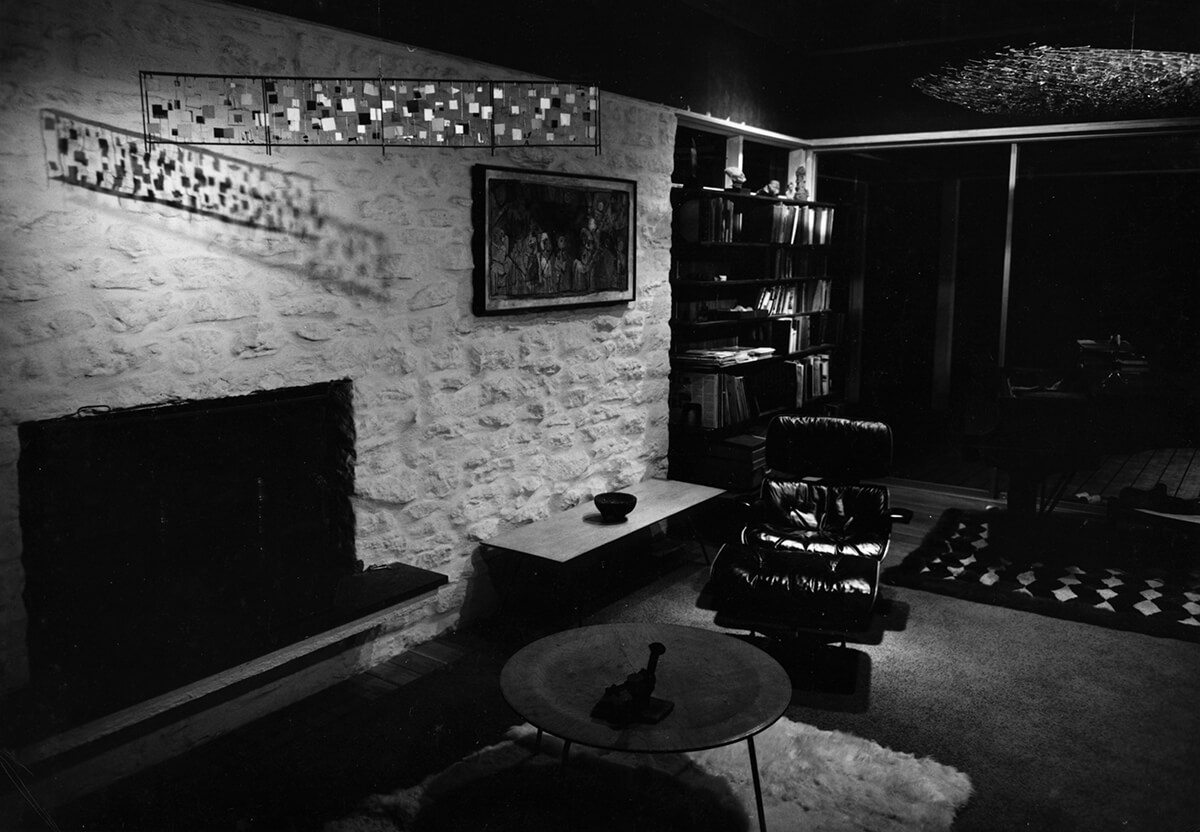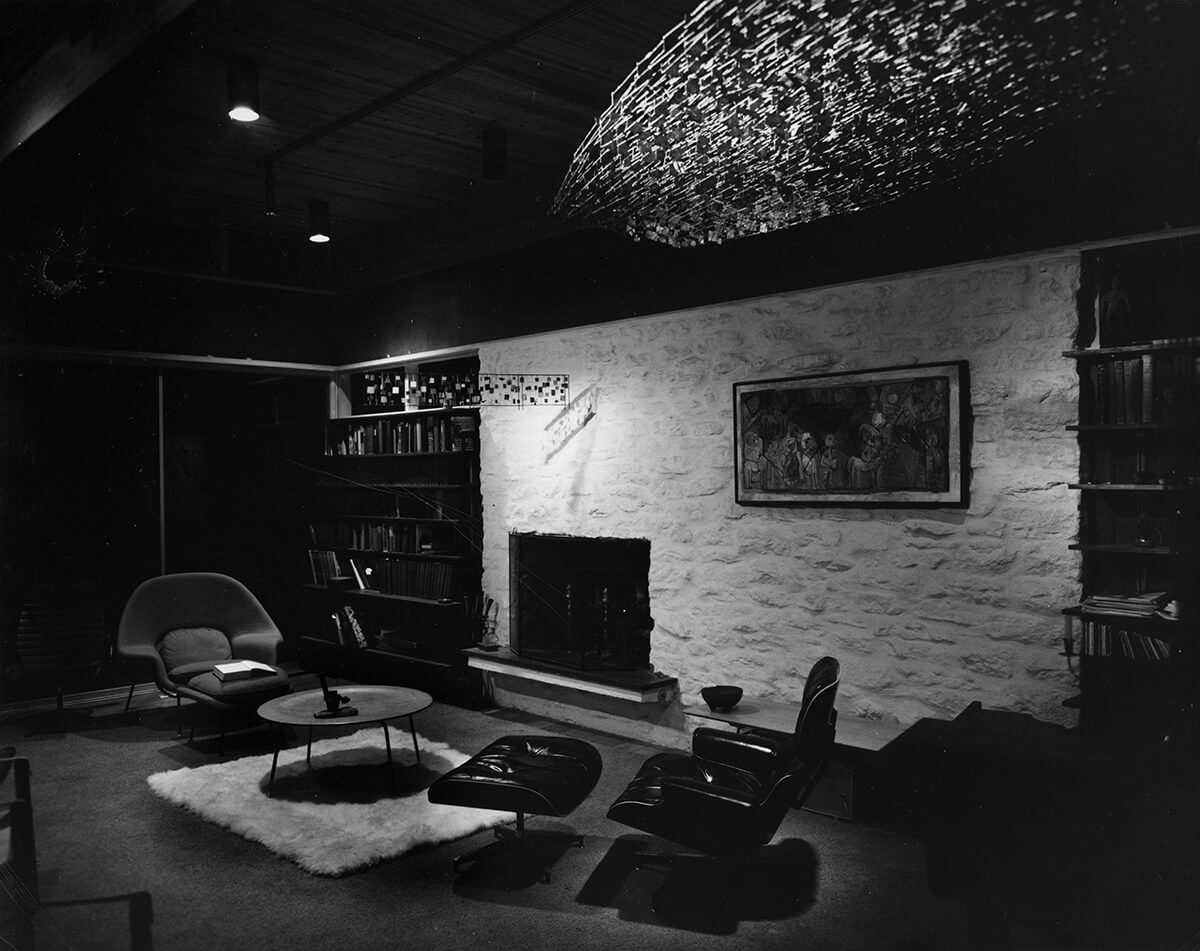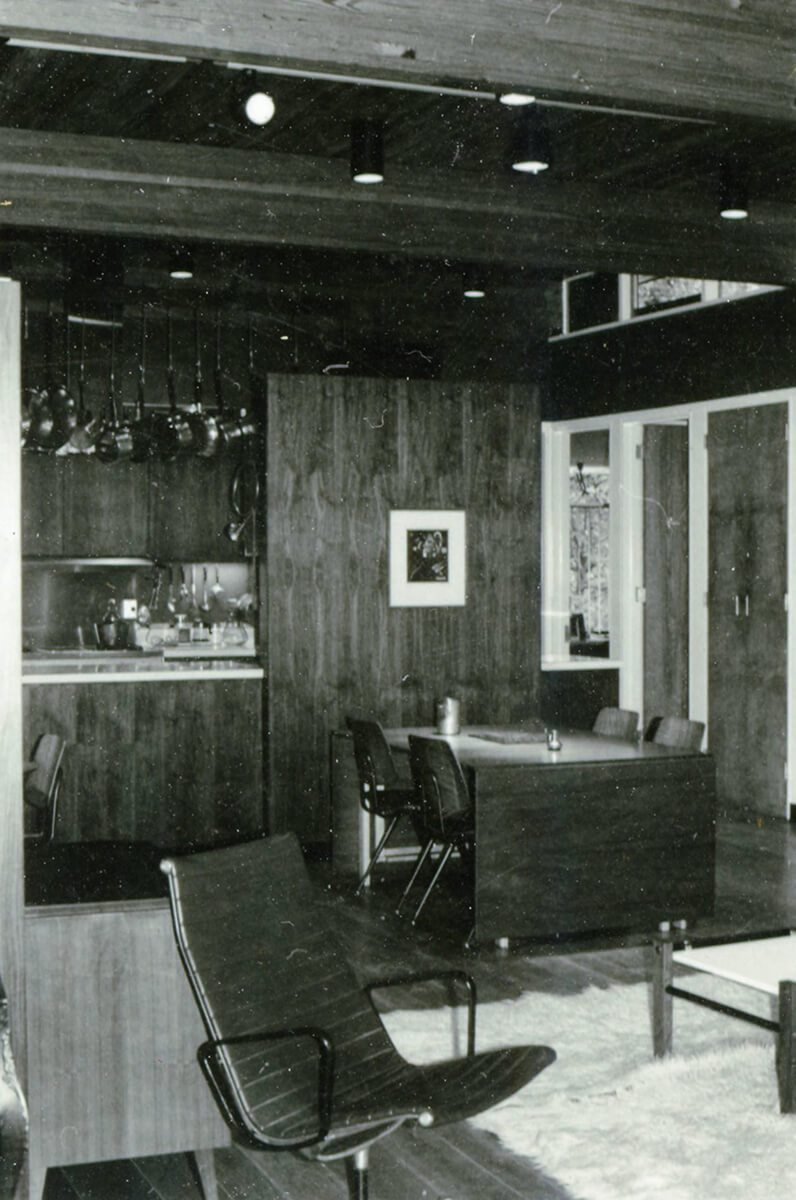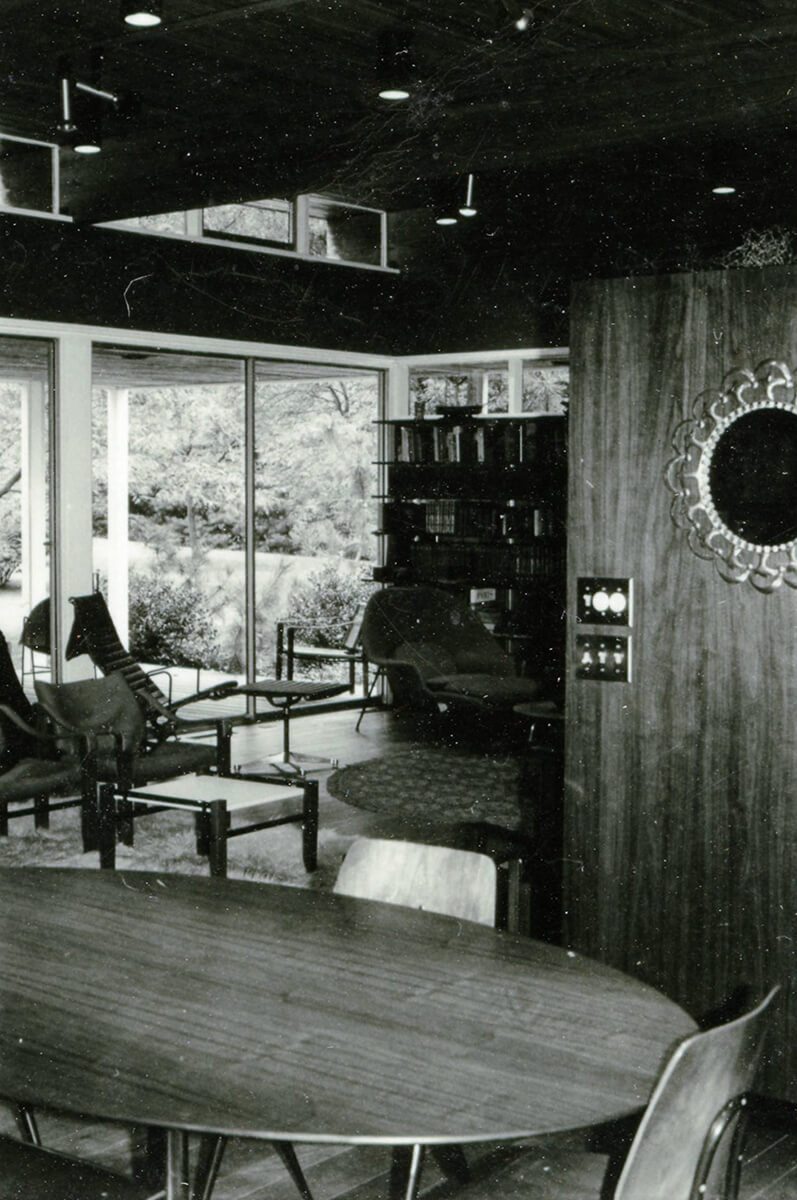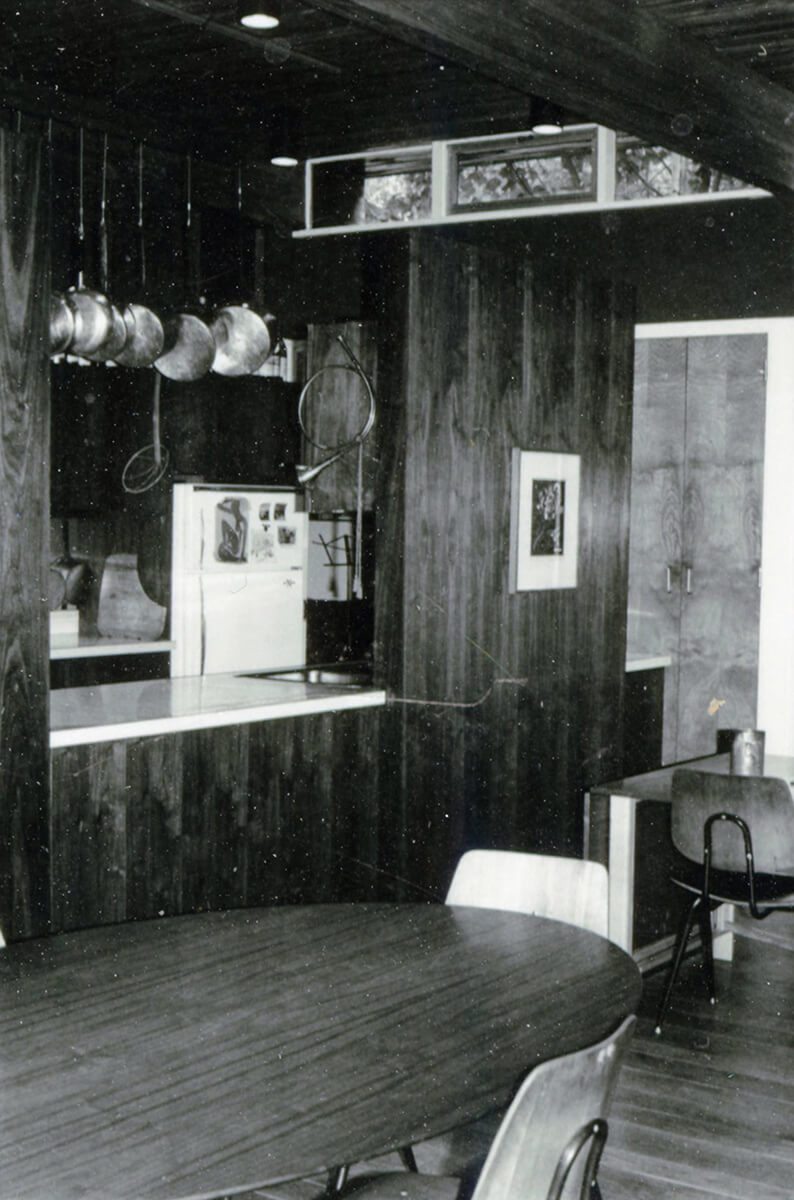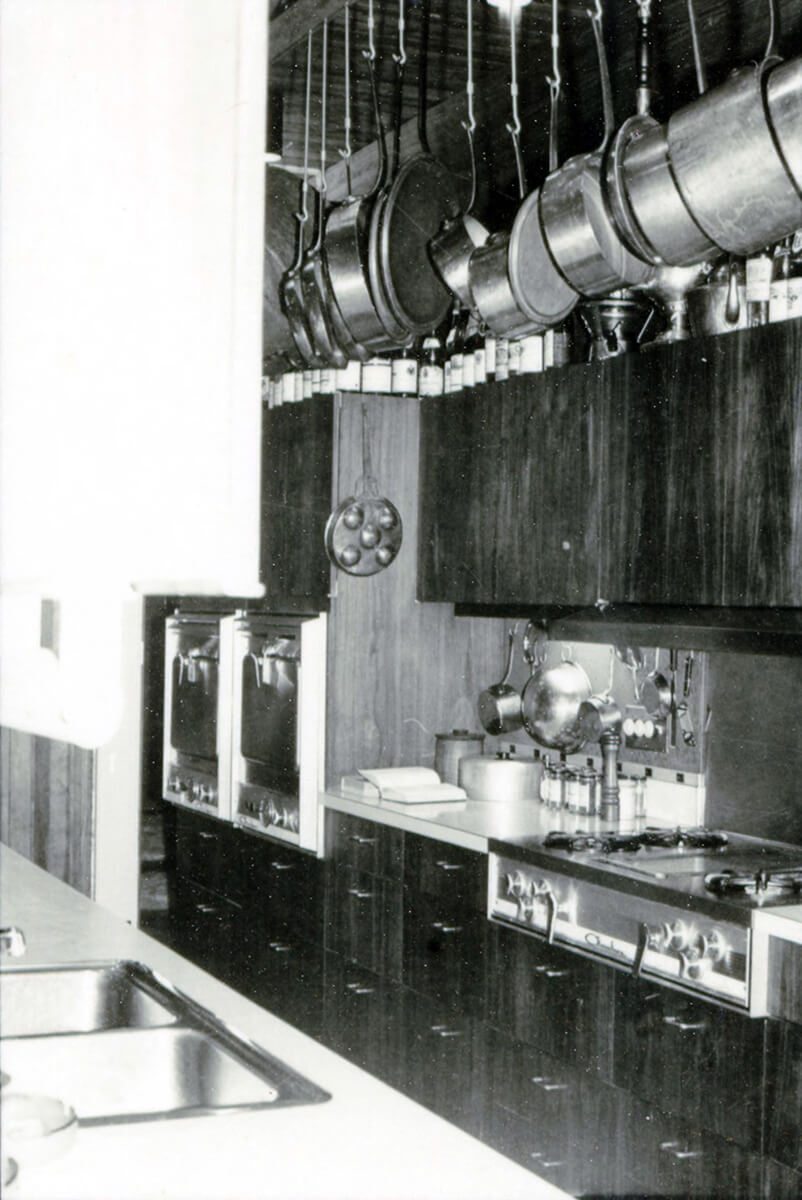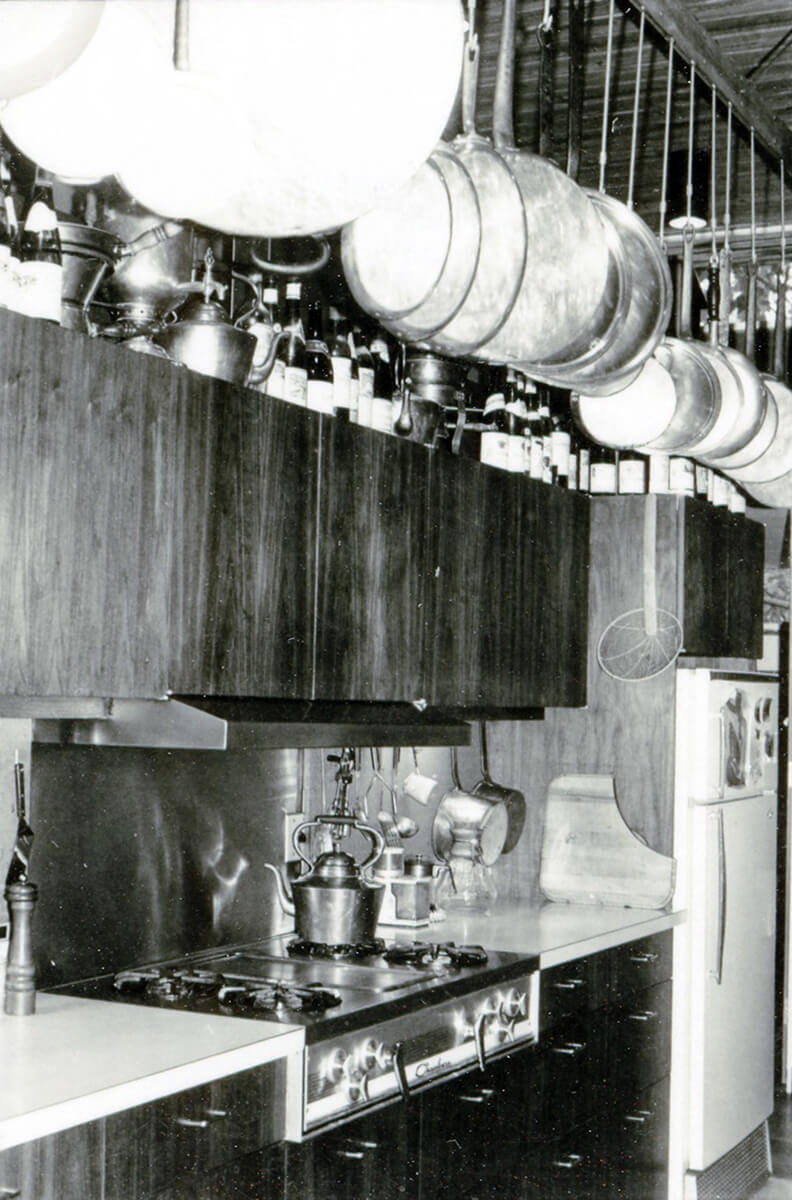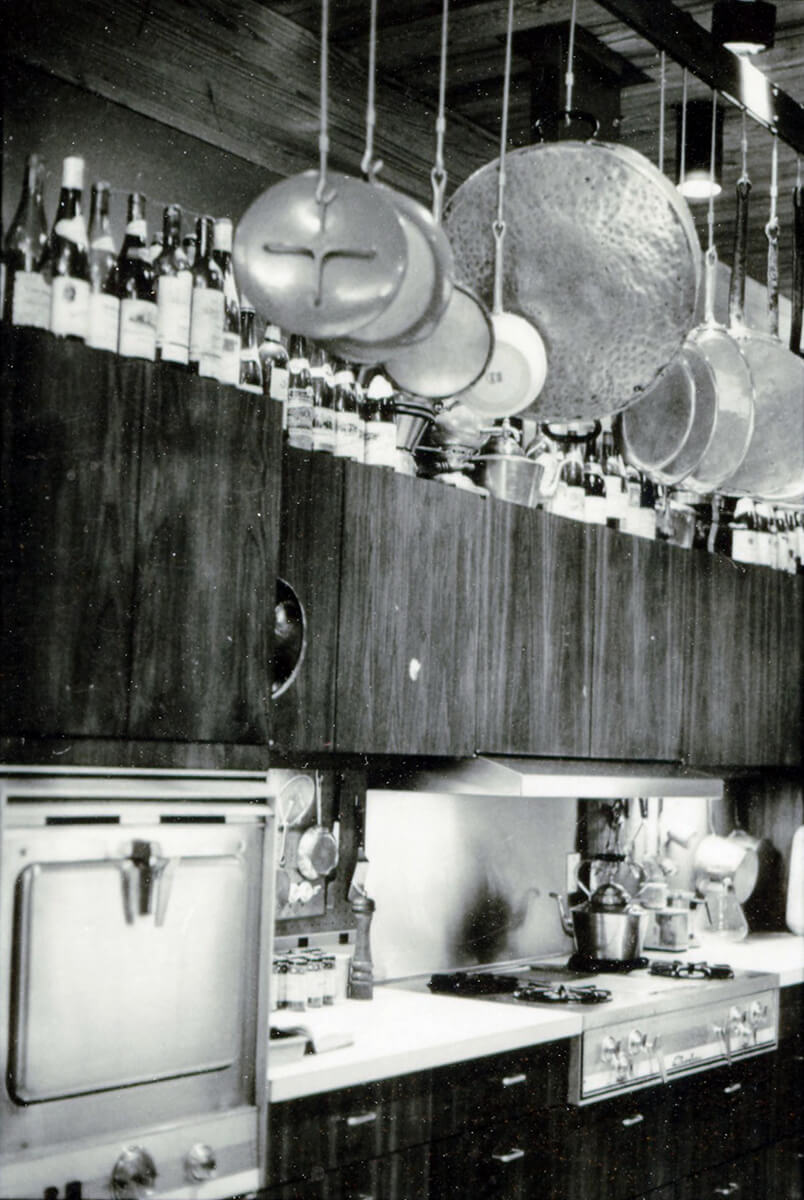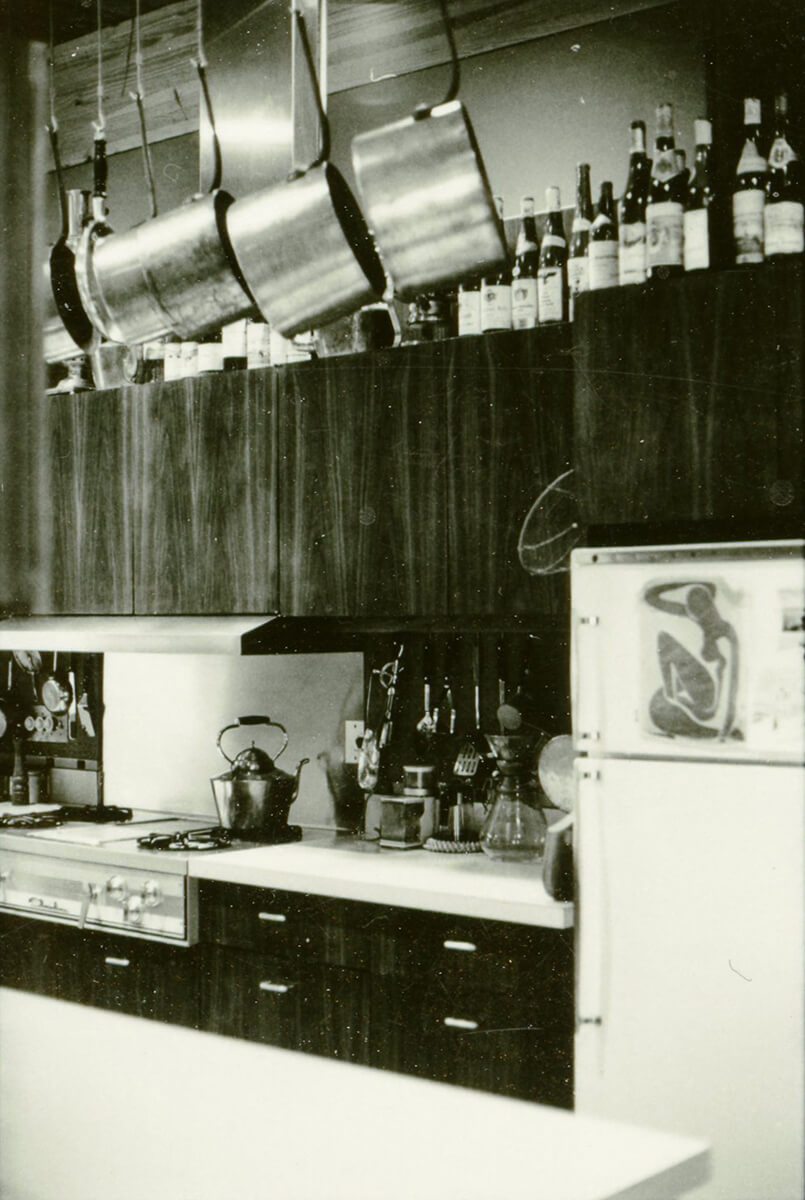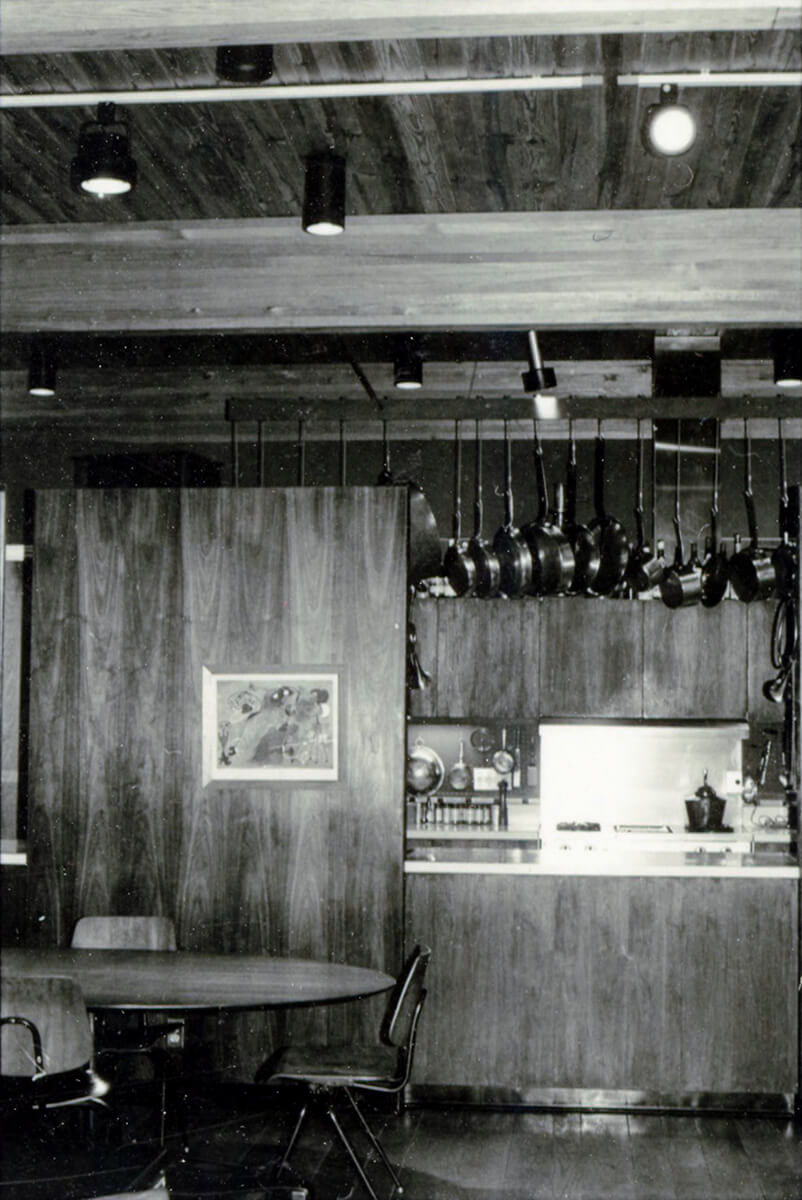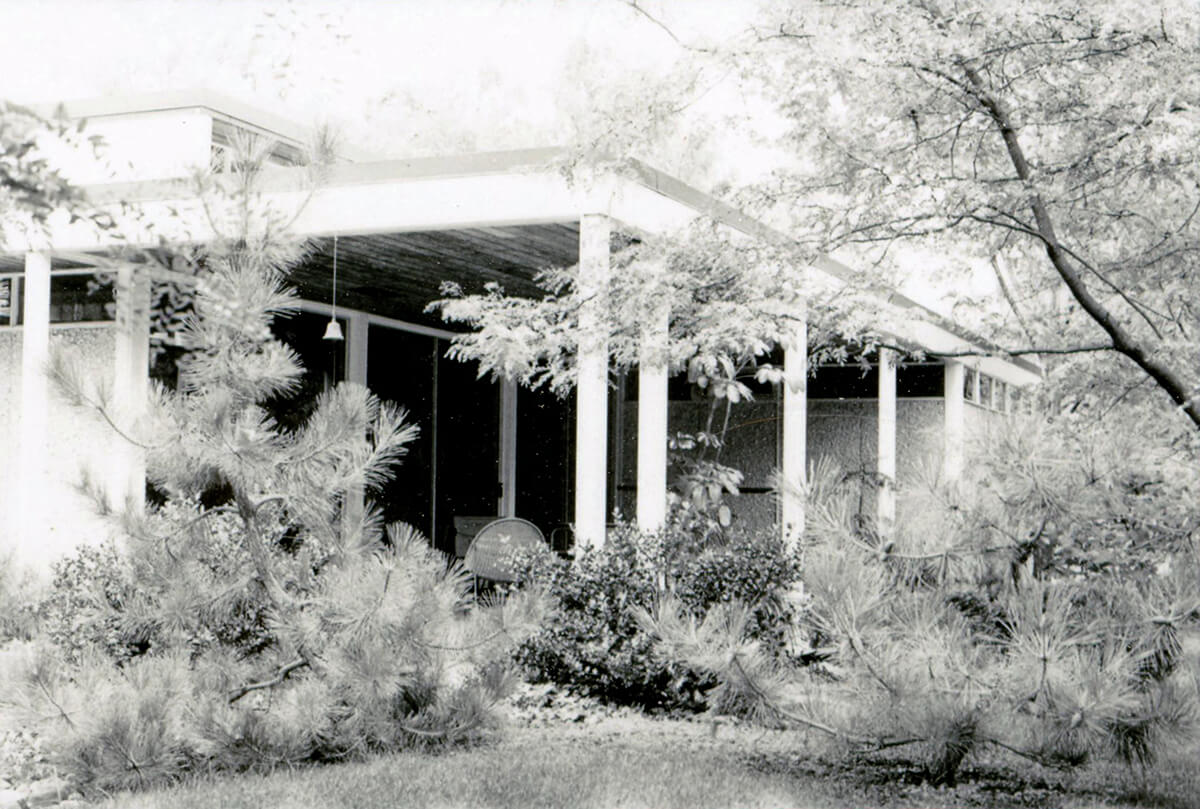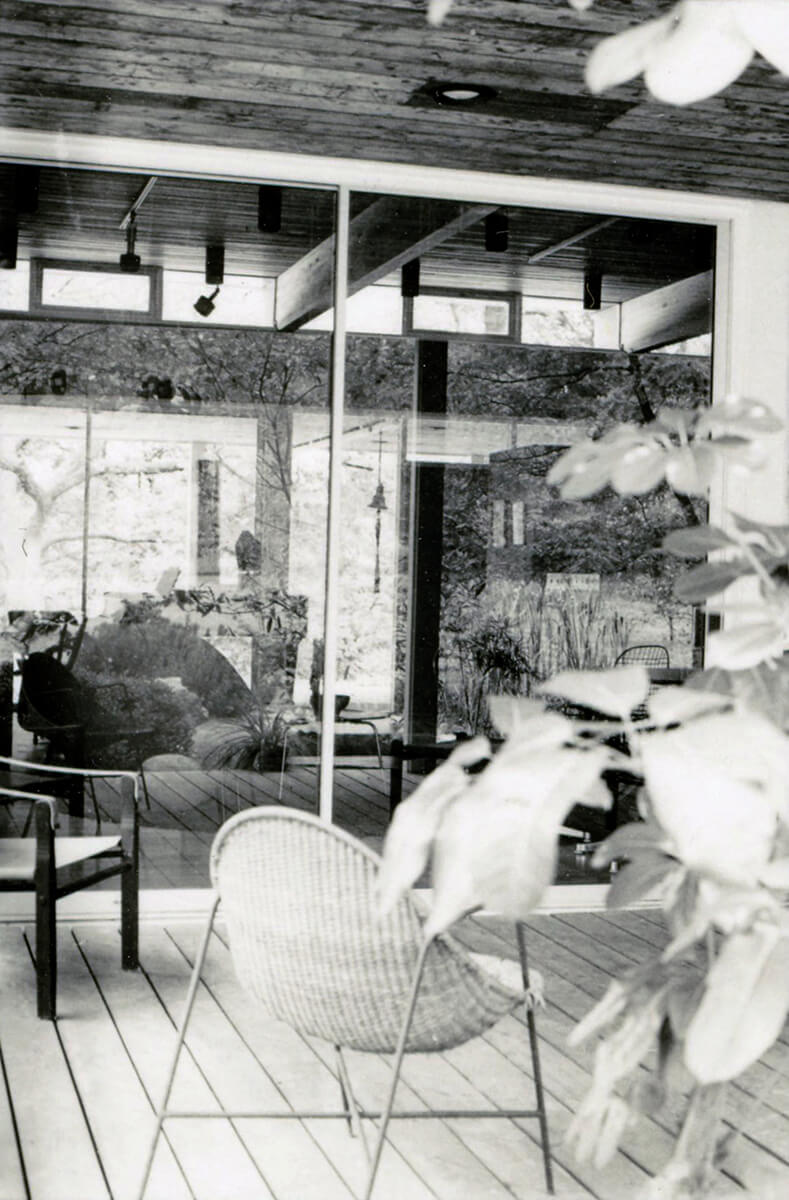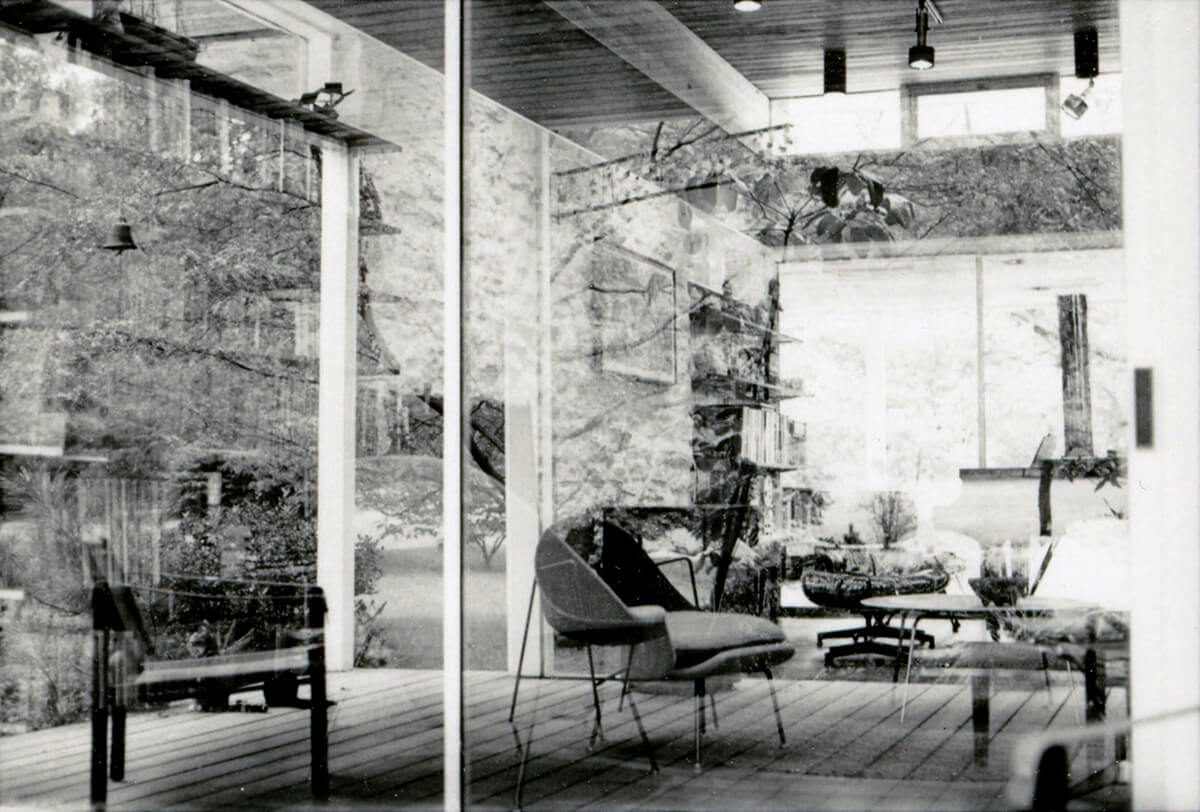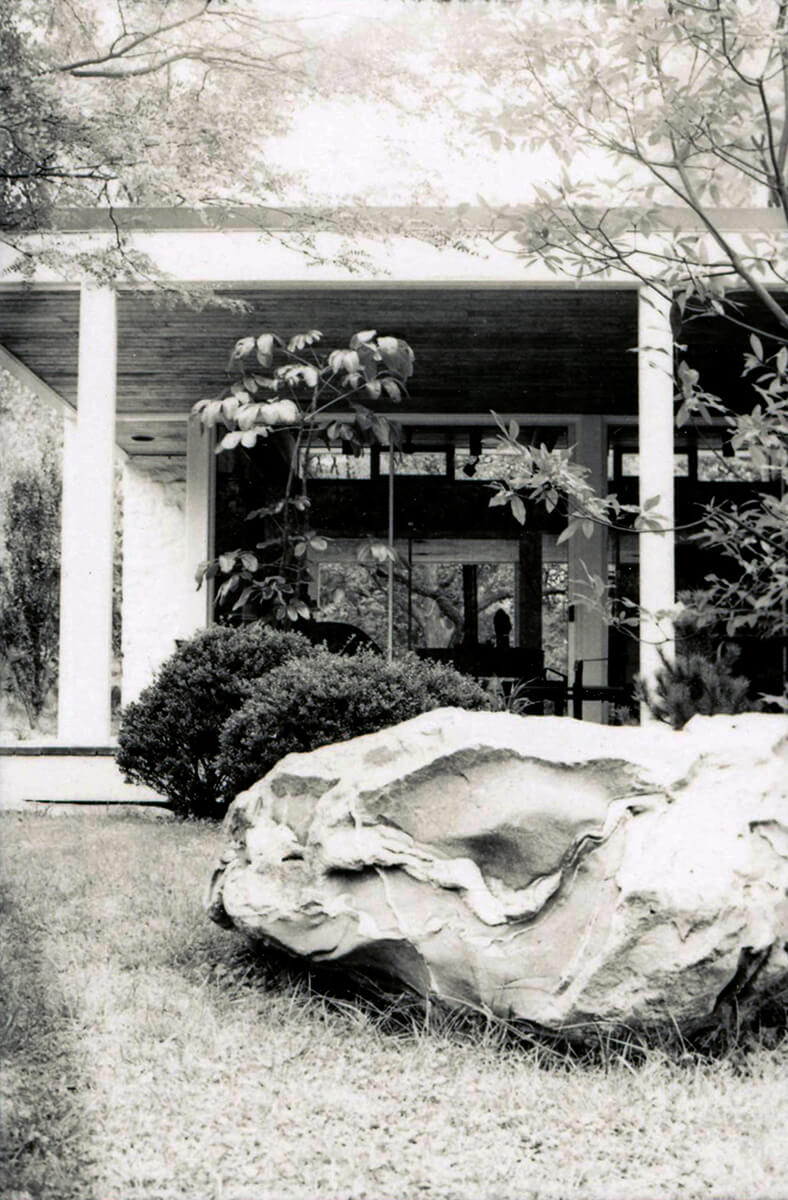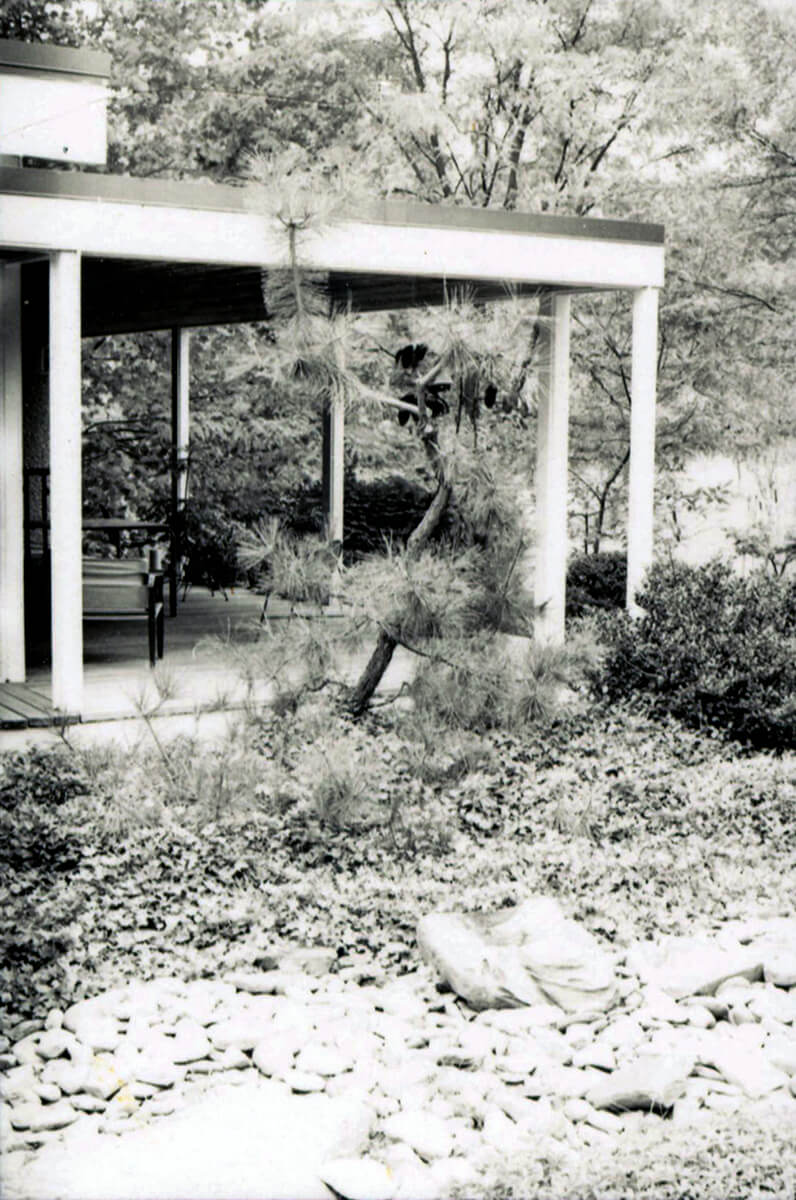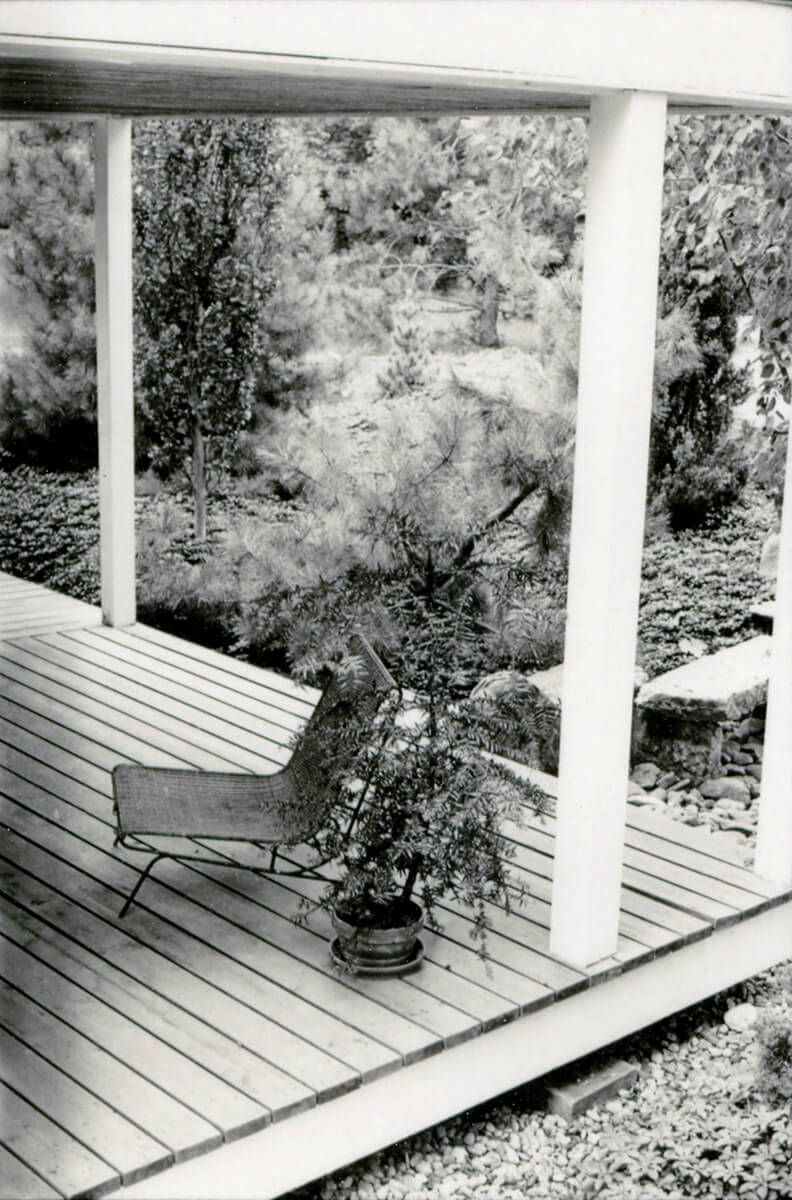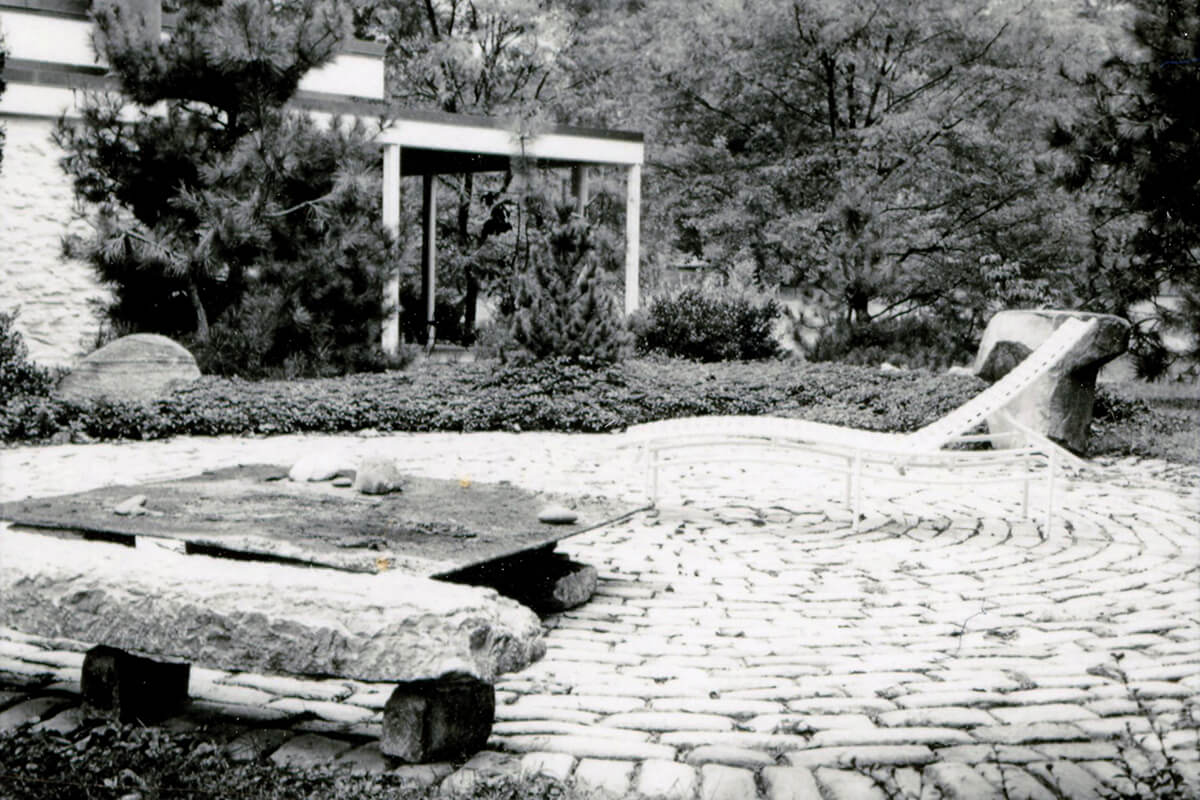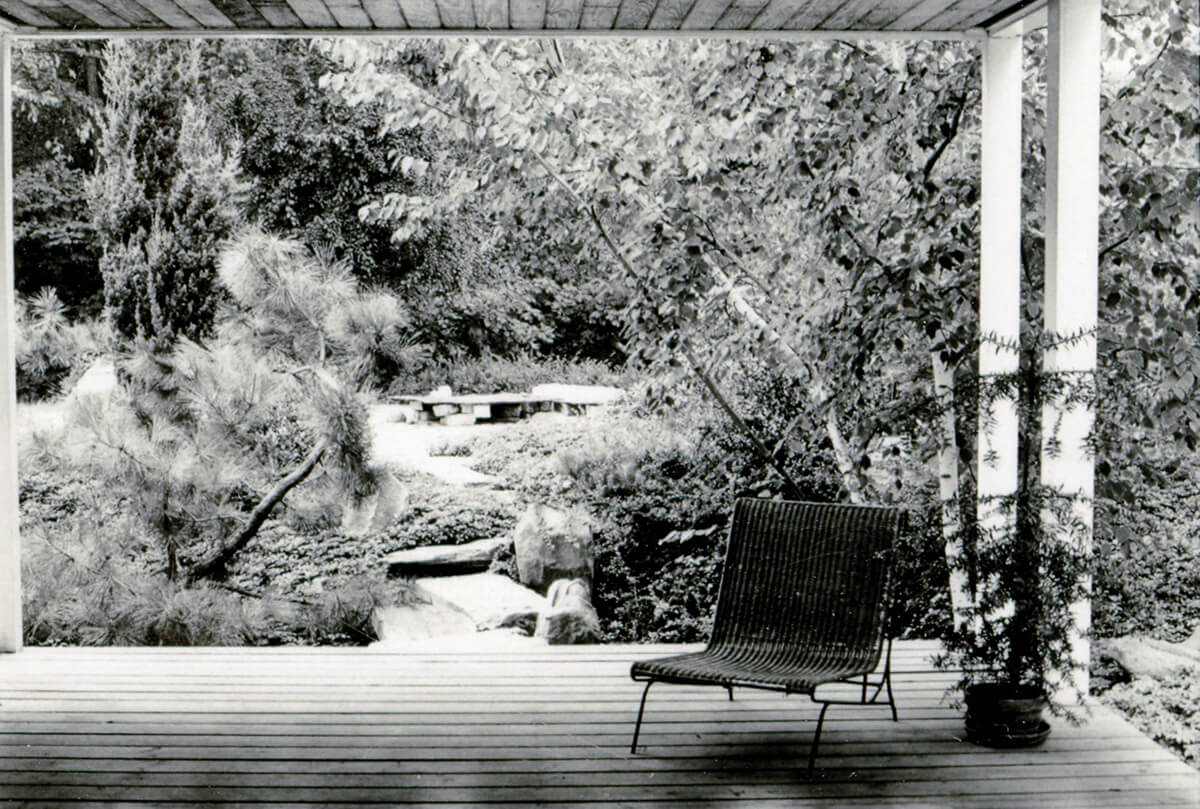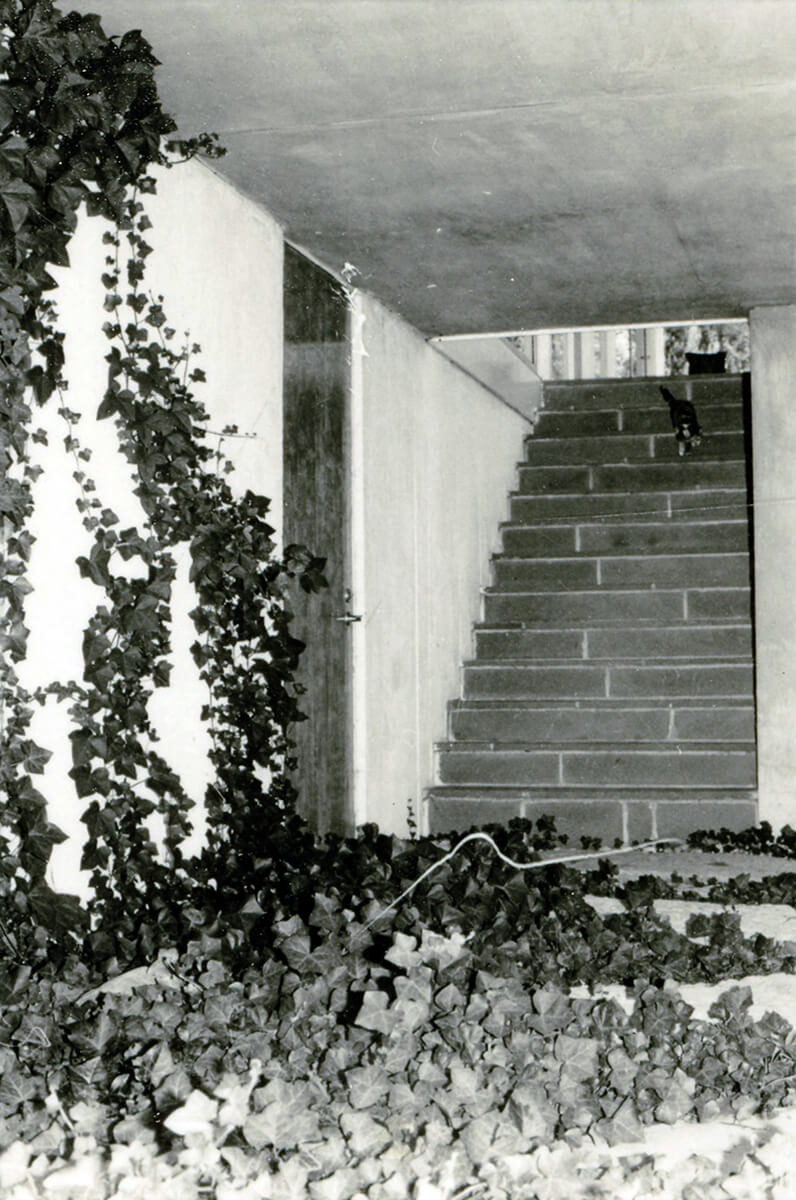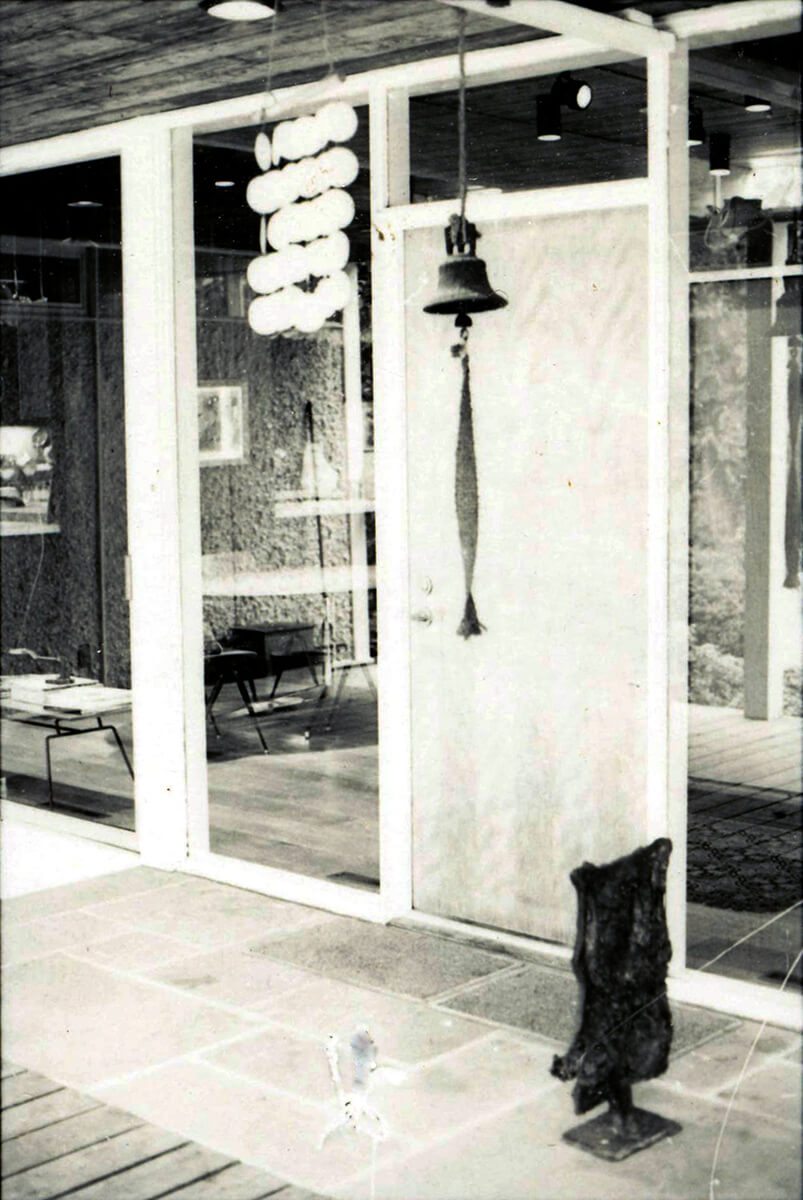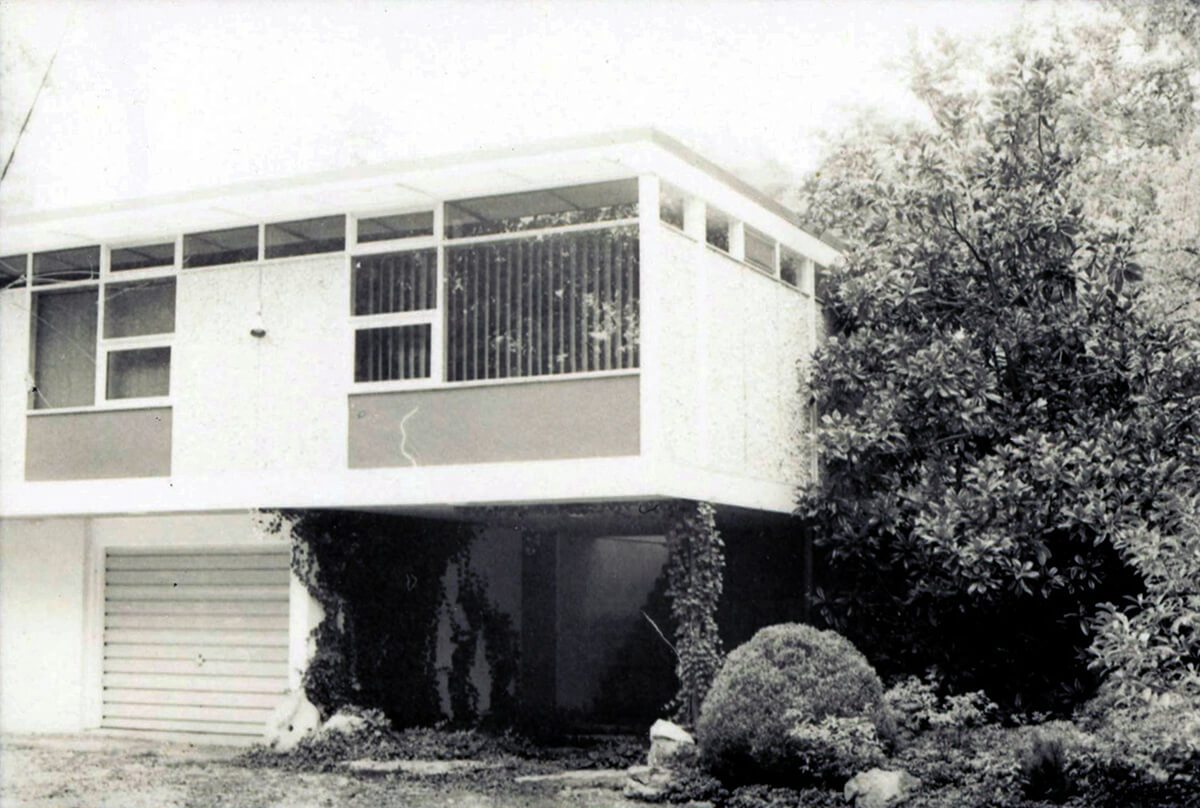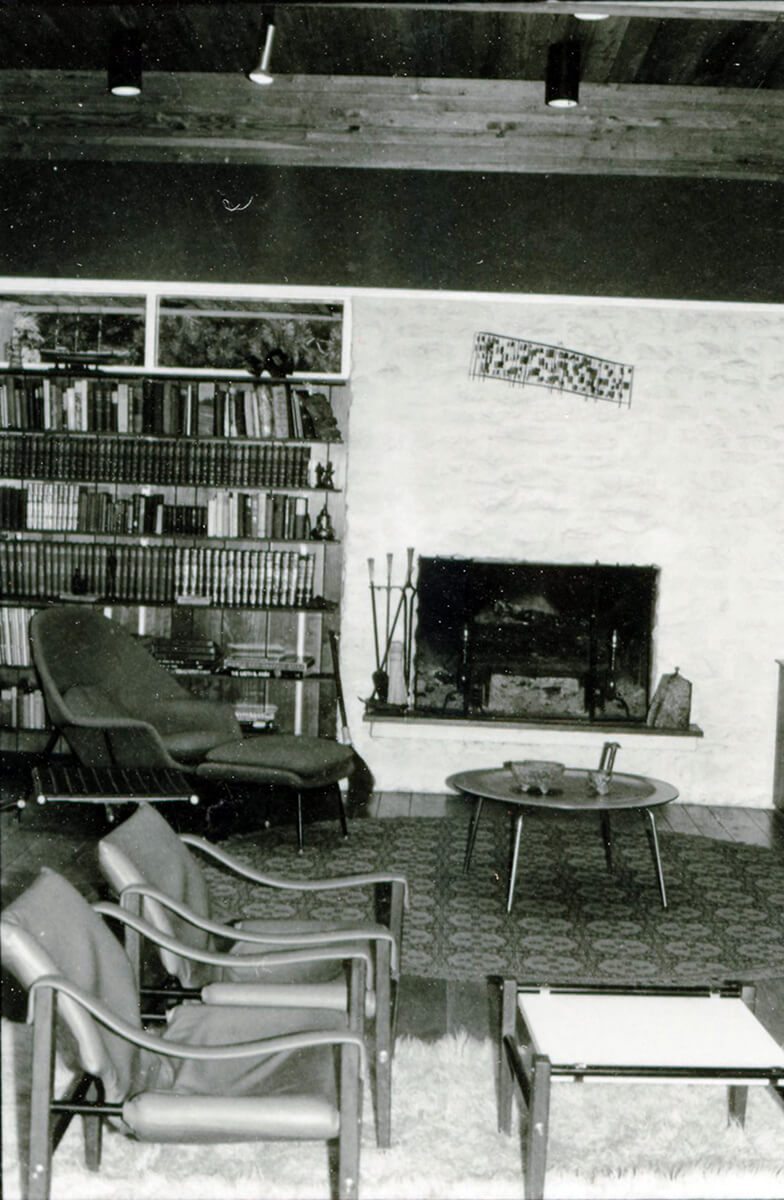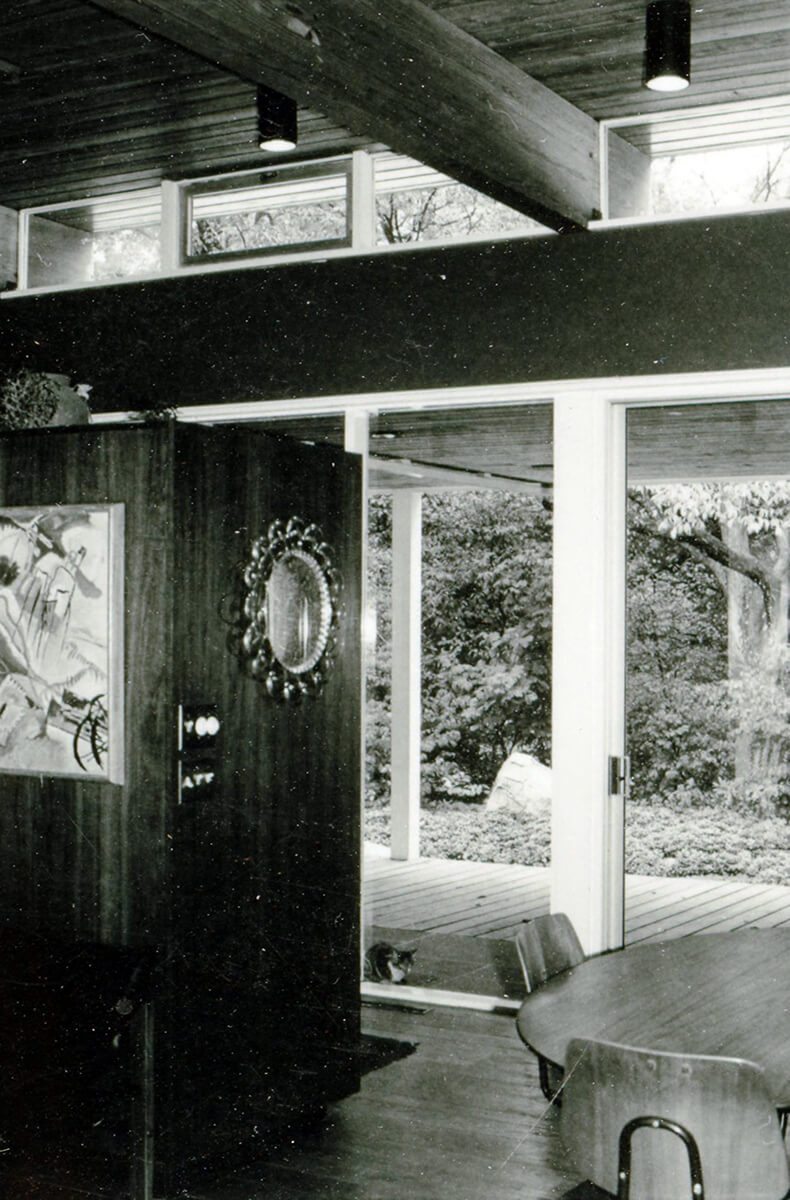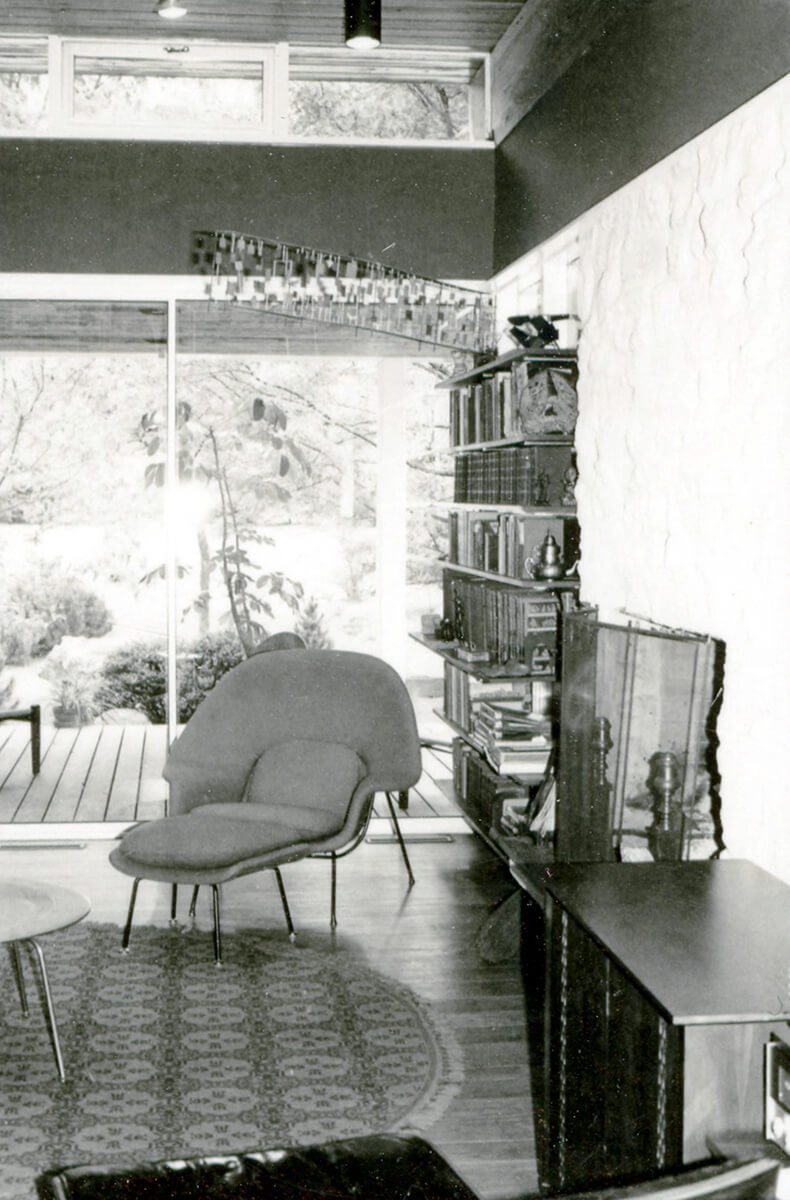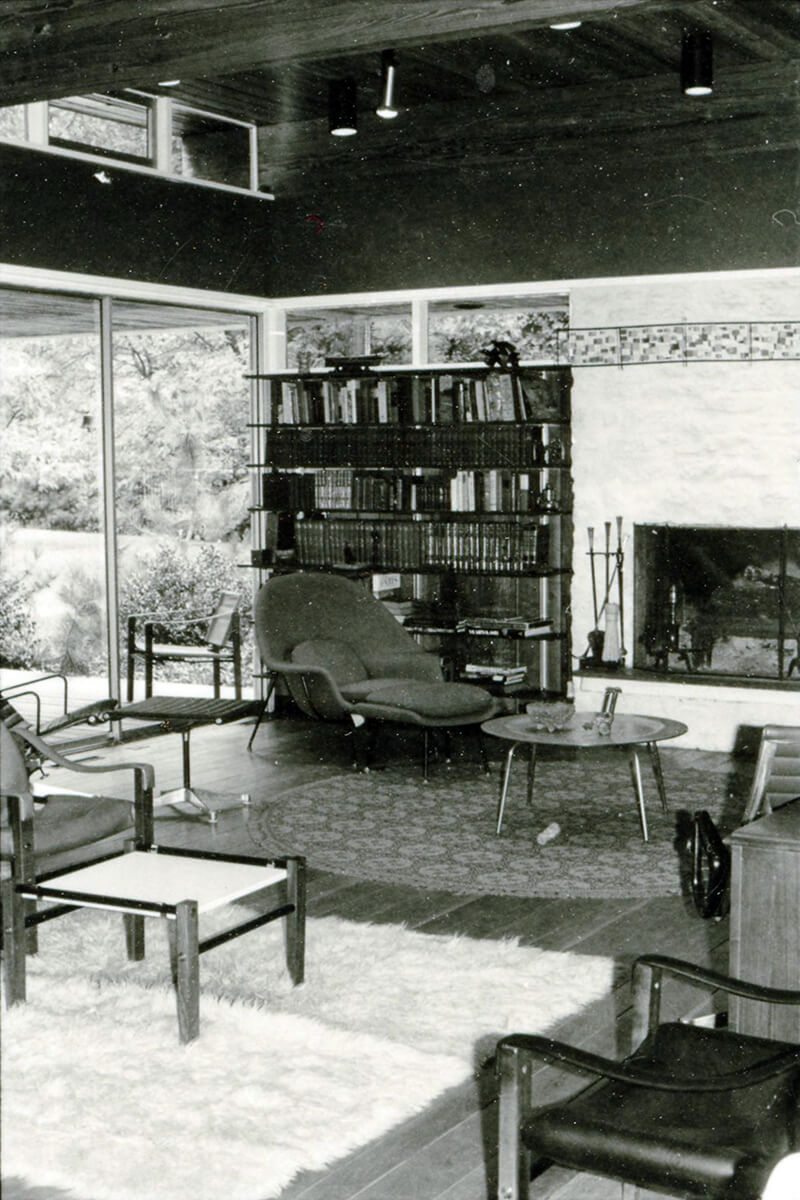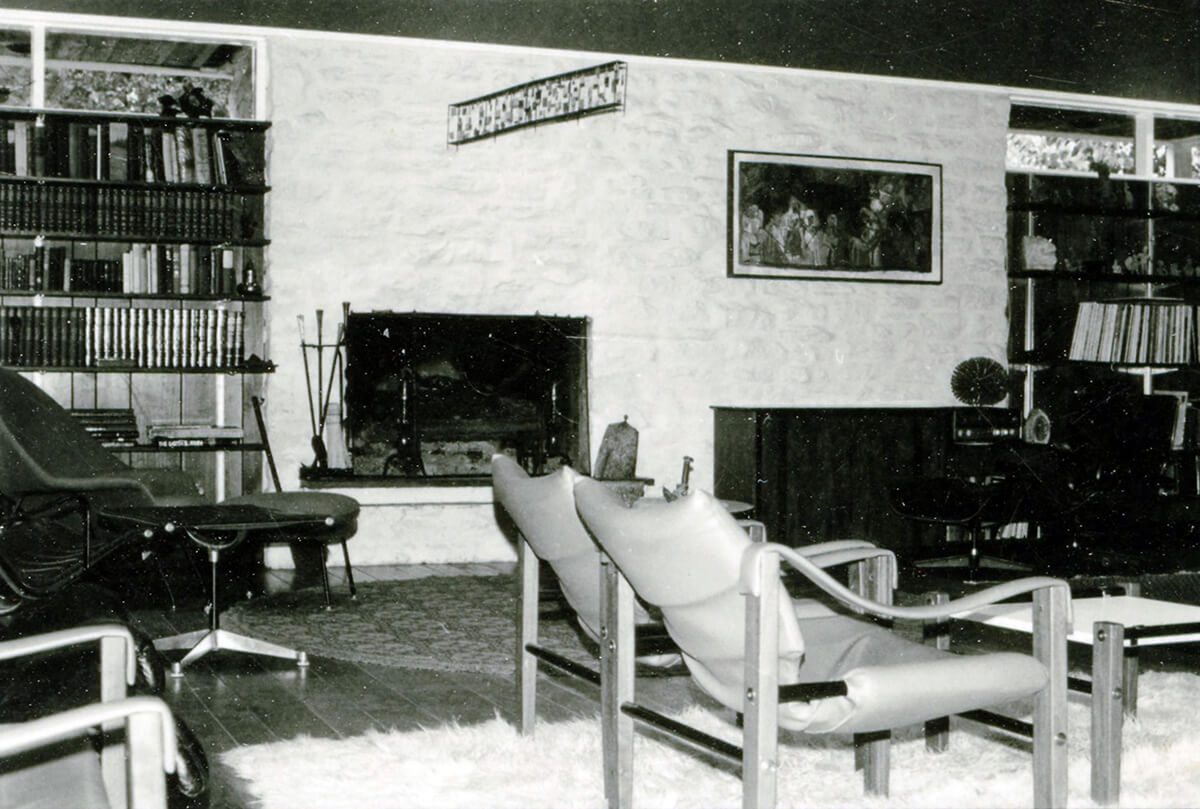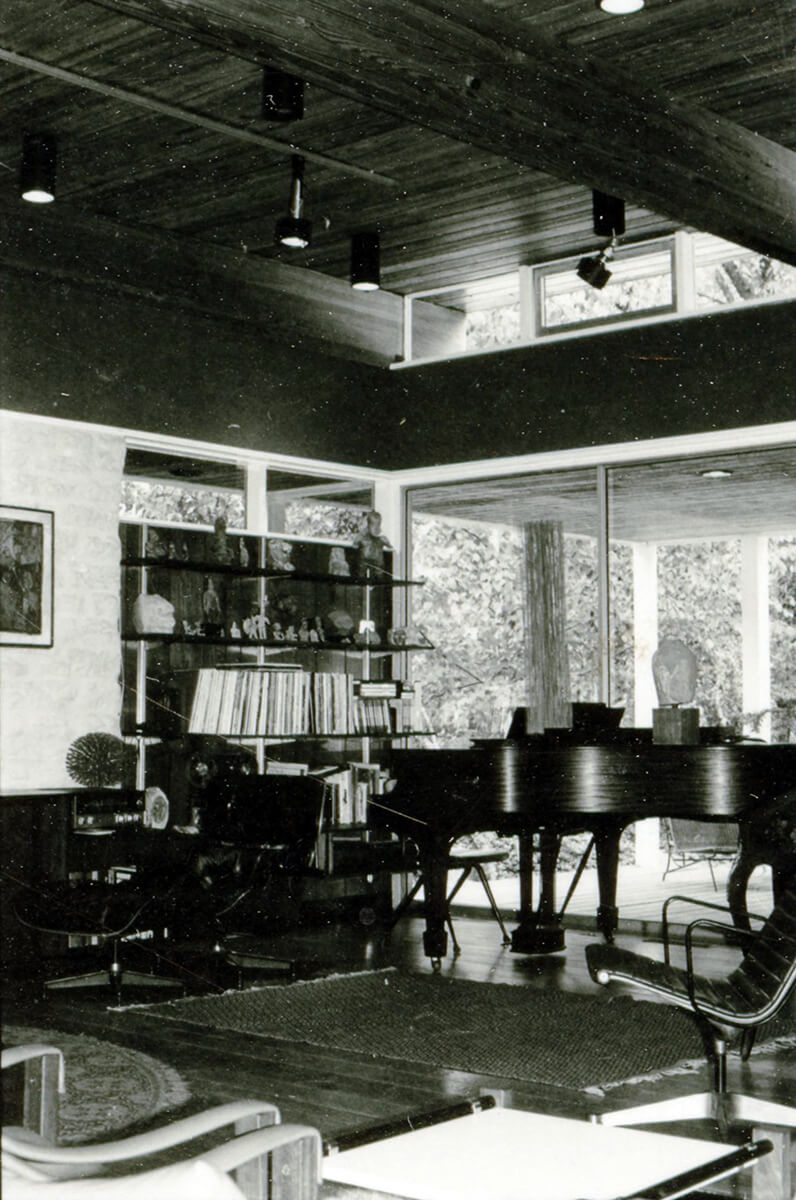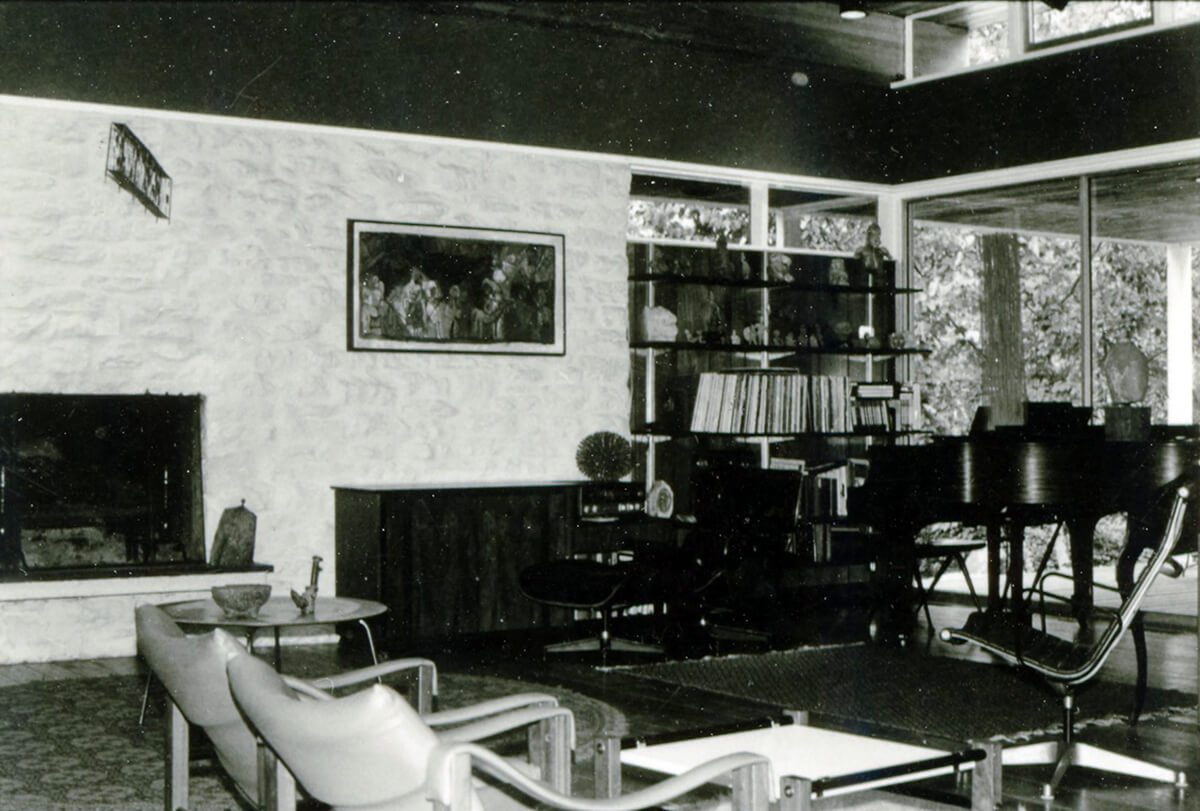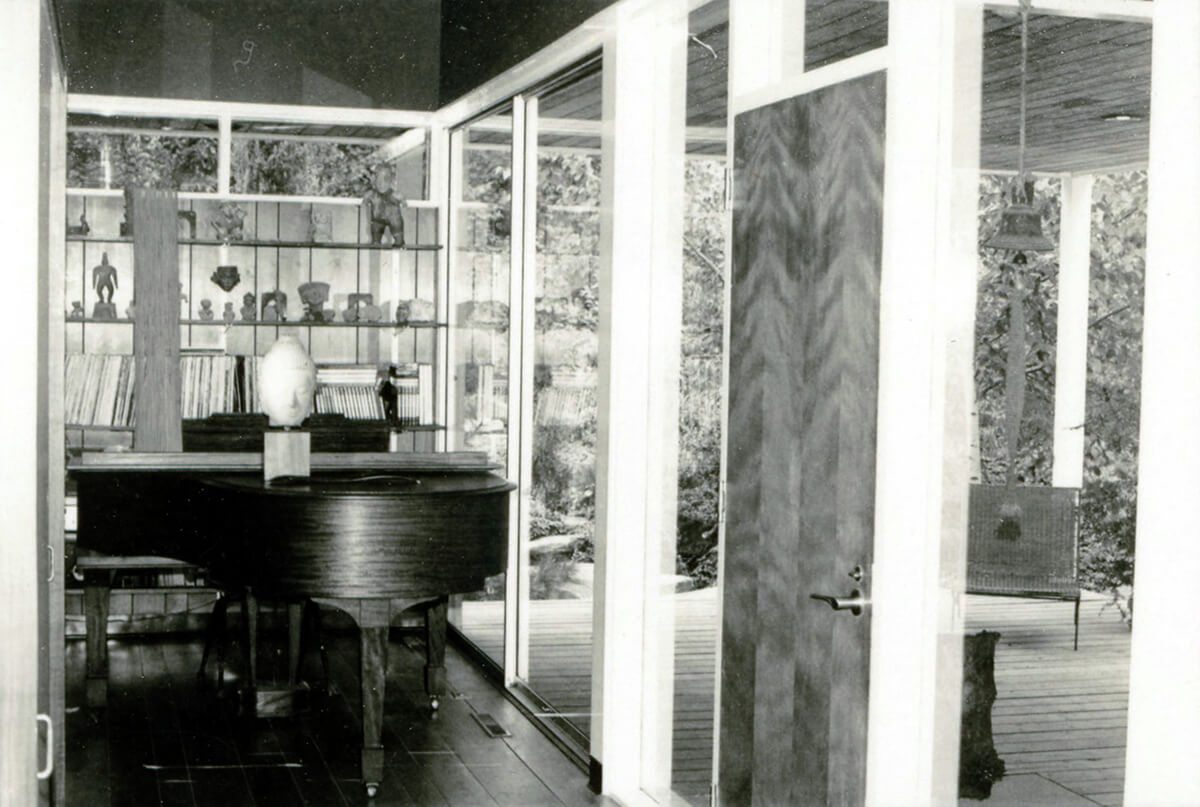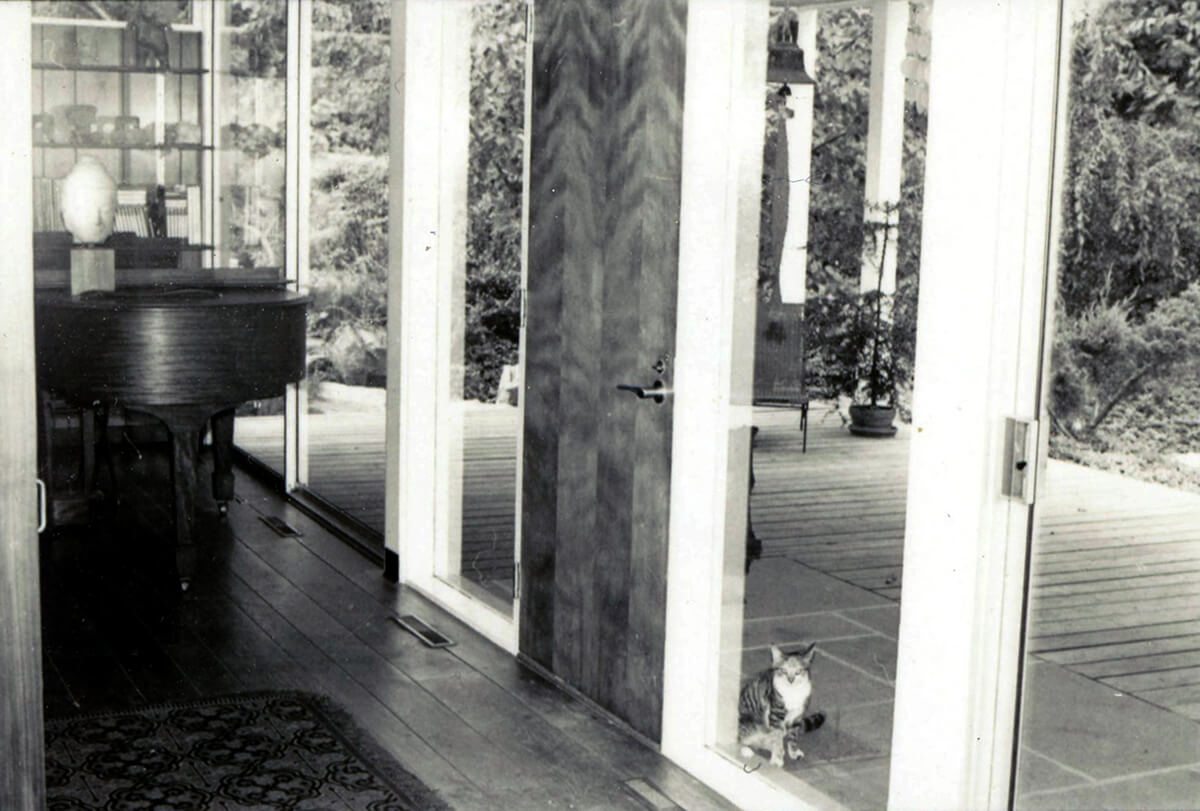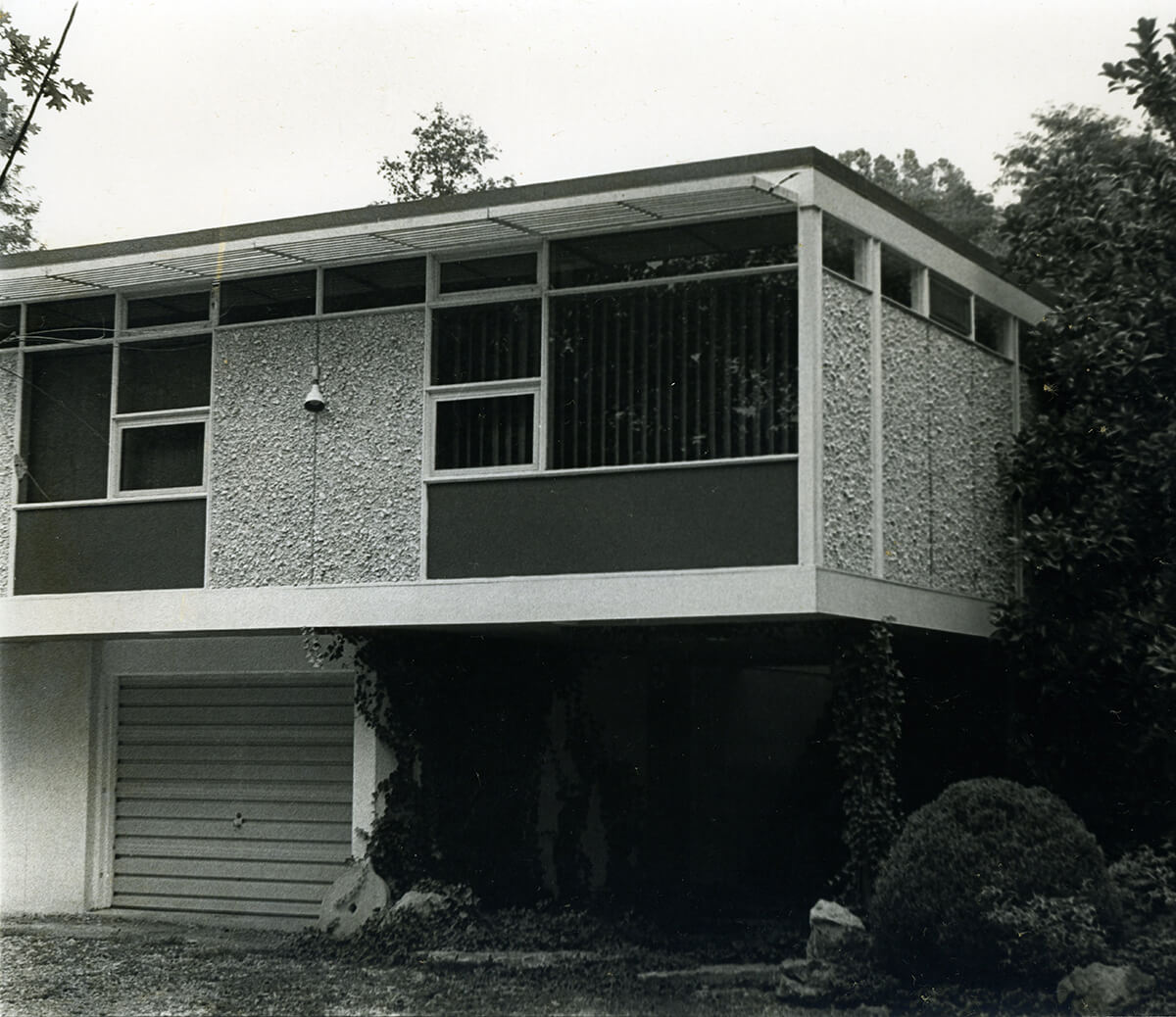What could be cooler, thinks teen Elizabeth Garber in 1965, than to live in a glass house designed by her architect dad? Ever since childhood, she’s adored everything he loves—his XKE Jaguar, modern art, and his Eames black leather chair—and she’s been inspired by his passionate intensity as he teaches her about modern architecture. When Woodie receives a commission to design a high-rise dormitory—a tower of glass—for the University of Cincinnati, Elizabeth, her mother and brothers celebrate with him. But less than twenty years later, Sander Hall, the mirror-glass dormitory, will be dynamited into rubble.
Implosion: Memoir of an Architect’s Daughter delves into the life of visionary architect Woodie Garber and the collision of forces in the turbulent 1970s that caused his family to collapse. Soon after the family’s move into Woodie’s glass house, his need to control begins to strain normal bonds; and Elizabeth’s first love, a young black man, triggers his until-then hidden racism. This haunting memoir describes his descent into madness and follows Elizabeth’s inspiring journey to emerge from her abuse, gain understanding and freedom from her father’s control, and go on to become a loving mother and a healer who helps others.
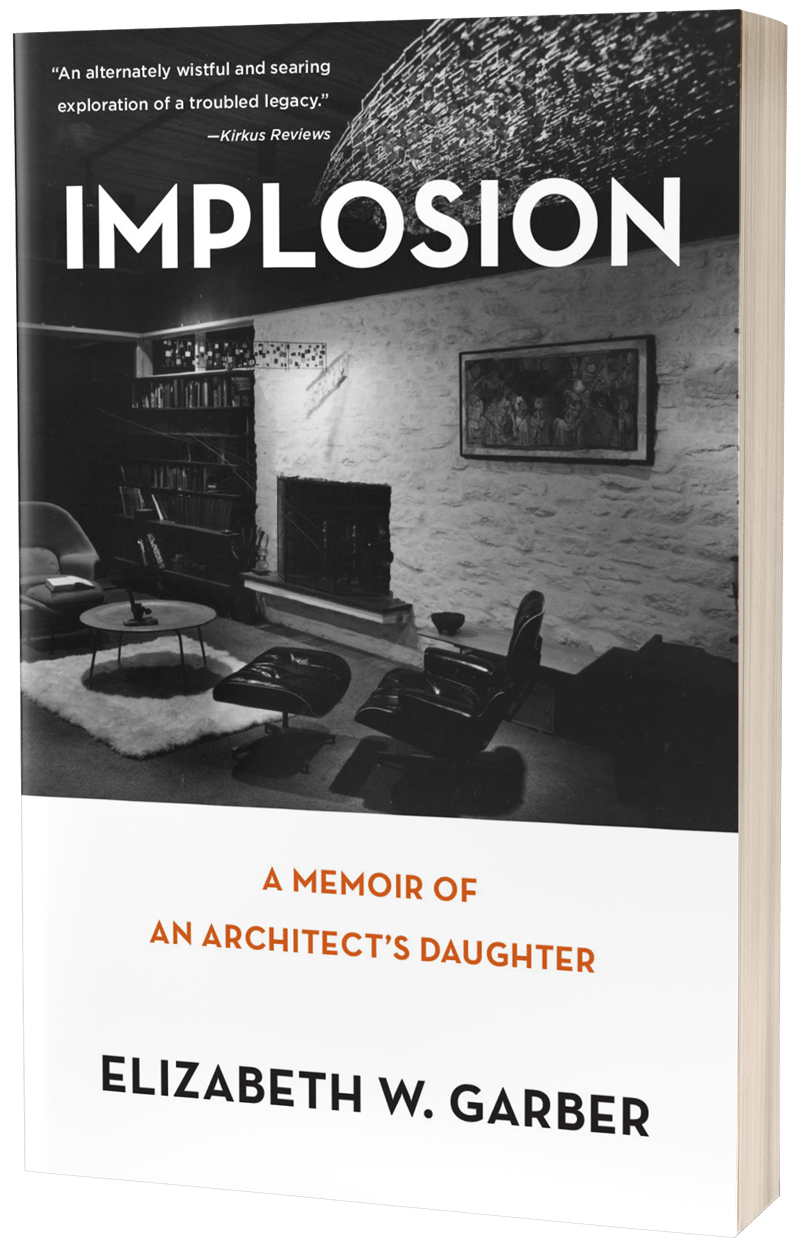
“An alternately wistful and searing exploration of a troubled legacy.”
—Kirkus Reviews, starred review
WATCH THE SANDER HALL IMPLOSION
Only twenty years old, Sander Hall, was the tallest and youngest building imploded in the United States — a 27 story mirror glass tower dormitory dynamited into rubble in seconds. University of Cincinnati president said, “If I didn’t know better, I’d say the building was haunted.”
PRAISE FOR IMPLOSION
I was riveted by this story of an adoring daughter struggling to escape the dominance of her brilliant, charismatic father. Garber writes beautifully about the layered complications of family love.
Implosion is a remarkable feat. Garber allows us to revile her brilliant and destructive architect father as fully as she did when she was coming of age in the 1960’s. She also allows us to forgive him as she ultimately does in this wise, searching book. Her story is an echo of the tumultuous cultural revolutions that define her generation. As an architect does, Garber constructs her story room by room, filling the space with both shadow and light. This is a beautiful book, written by a new and exciting writer.
Elizabeth Garber’s memoir drives as well as her Dad’s fine sports car. Sleek, modernist sentences, high-power clarity of perception, bold telling it like it was. Garber never loses touch with the forms of pain caused by her Dad’s illness. She honors the vulnerability of the whole family in the grips of it, including him. In the end, at the heart of the matter is compassion and the kindness of unconditional love, in spite of it all. And the simple beauty of gathering stones found on a clean sandy beach.
The book tells the story of her escape, her fight to regain control of her life and to become a loving mother. It is a beautifully written, but heartbreaking tale.
“Implosion” is finely composed, intense to the point of teeth-gnashing anxiety, filled with recollected domestic elements by no means limited to her particular family, and ultimately nurturing in its testimonial to survival and overcoming the injuries, crises and rejections so vividly captured. I couldn’t put it down.
…poetic and incisive…Many readers will see aspects of their own family histories in this powerful saga of trauma and healing. An alternately wistful and searing exploration of a troubled legacy.
Like her father, Elizabeth Garber has produced a highly creative piece of art that shows readers what the stresses of major building commissions and of Modernism itself looked like at home, away from the all-male camaraderie and competition of the office.
Read the full review here.
This poignant, very personal memoir by the daughter of one of Cincinnati’s premier modern architects traces his ascent and decline, as they parallel those of his style and discipline at the same moments in time. Elizabeth Garber’s exquisite prose compliments the love of art and architecture that she learned from her father. Her forthrightness and honesty resemble the direct, unpainted and undecorated aesthetic that her father promoted, but her gentle sensitivity is all her own. This is a book about something even more complicated than the most difficult art—family life.
In Implosion: The Architect’s Daughter, Elizabeth Garber has voyaged far into the complexities of memory, navigating the treacherous currents of shame and confusion, and returned, rowing stroke by stroke, sentence by sentence, with a beautiful, clear, heartbreaking tale. Courageous, horrible, terrible and wonderful, this is a dark and tragic beauty of a memoir that could only be written by someone determined to be fiercely honest in her remembering and her art.
Garber’s extraordinary debut memoir tells the story of her abusive father, architect Woodie Garber….and steadily charts his and her family’s descent into chaos and madness, as Woodie’s commissions dry up and he ceases to receive the recognition he believes he deserves….Recommended for survivors of abuse and those interested in knowing more about the ways in which great professional success often comes at the sacrifice of one’s own family and private life.
Few books have narrated the personal dimension of modernism like this one. The contradictions that bedeviled modern architecture—a passionate yet impersonal elegance—were played out in a glass house dominated by Elizabeth Garber’s father, Woodie, a Midwestern modern architect extraordinaire. How his daughter made her way through the tangles of his imperious faith makes for fascinating reading. What was it like to live from day to day in the self-conscious embrace of the modern? Elizabeth Garber has the insight and tenacity to tell us that and more.
Elizabeth Garber writes with searing clarity about the years she spent living under the oppressive reign of her father. But this isn’t just a book about a deeply troubled father-daughter relationship. Rather, it’s a story about a family, an art form (architecture), a generation, and a decade in American history that we’re still trying to understand. By reading Implosion, one not only gains access to the intimate, tragic details of Garber’s broken youth, but also to the public world outside her father’s realm: one of parallel turmoil, complexity, and yes: implosion. A finely wrought narrative by a brave, unflinching writer.
TOUR THE GARBER HOUSE
click on a photo to enlarge it
